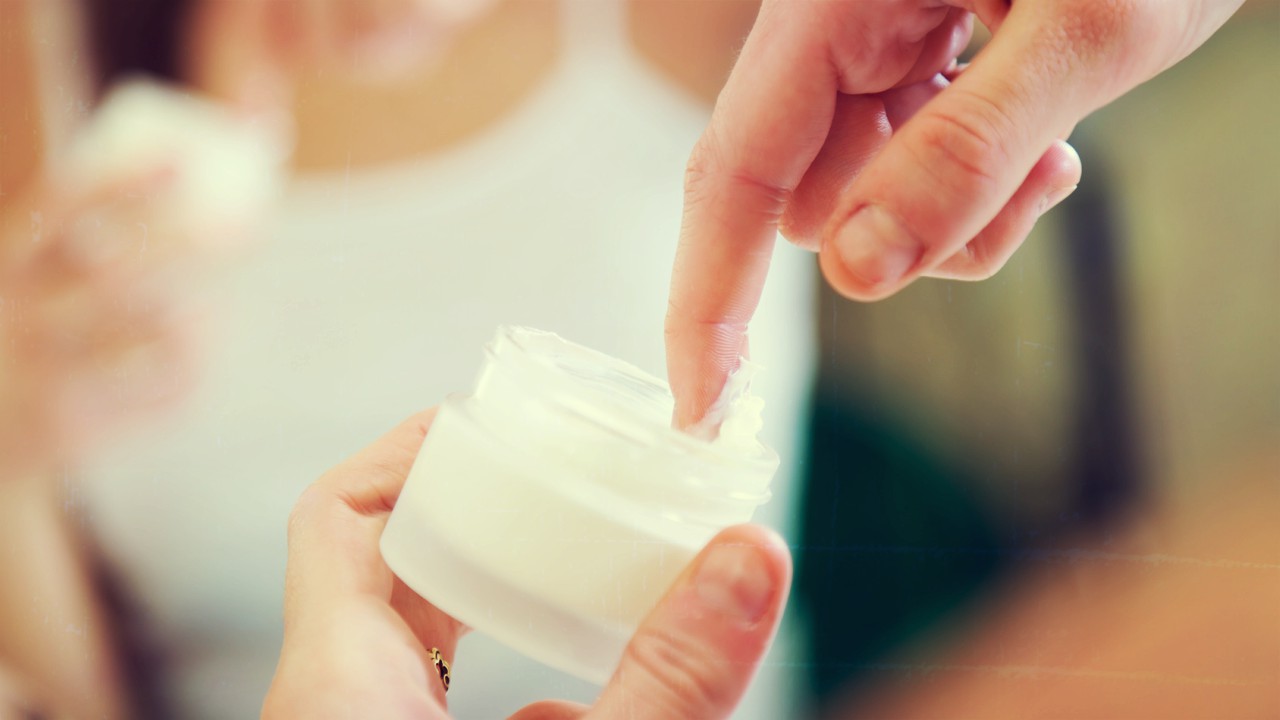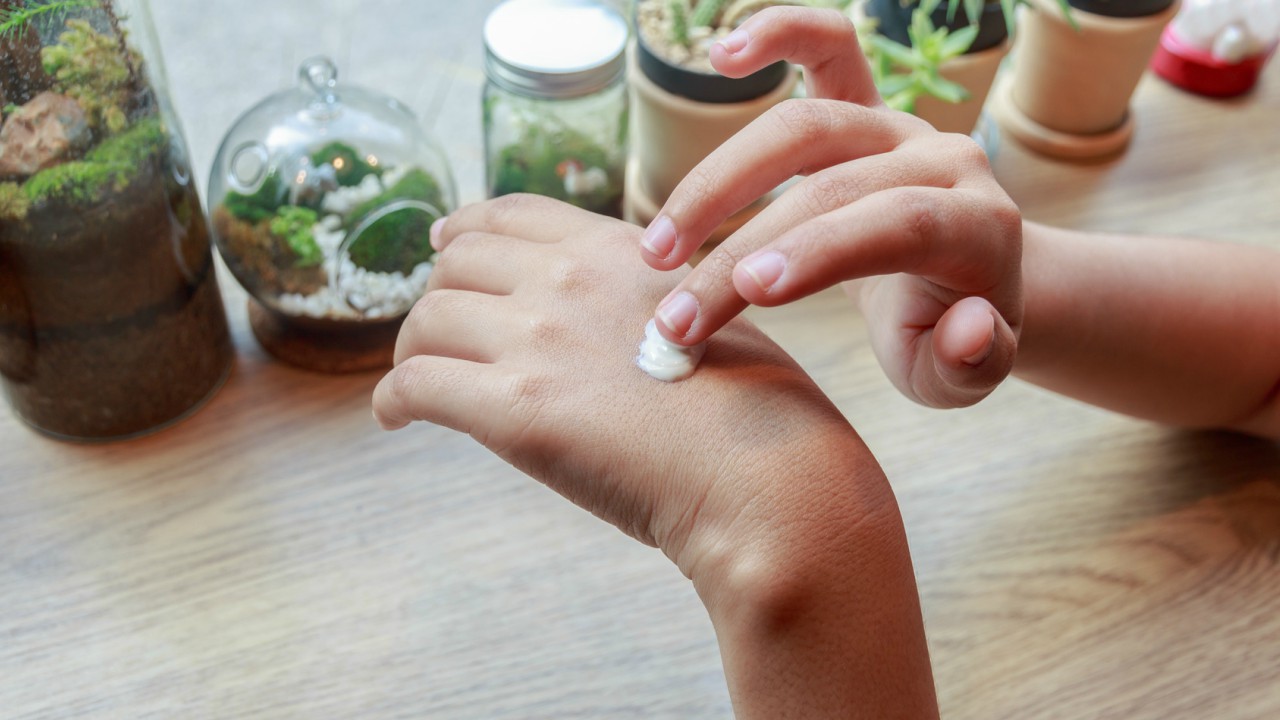 Via Pixabay, edited by Kaitlyn Thompson
Via Pixabay, edited by Kaitlyn Thompson
Most of us know how sun exposure can increase our risk of developing skin cancer. We put on sunscreen, avoid the sun during peak hours, protect ourselves with hats, sunglasses and clothing, and regularly get our skin checked.
But did you know there are other factors that can raise your risk of getting skin cancer? Knowledge is our greatest weapon. Know these not-so-common risk factors to protect the skin you live in!
1) Indoor Tanning
Using a tanning bed, booth, or sunlamp to get tan can cause skin cancers, according to the CDC. These cancers include melanoma (the deadliest type), basal cell carcinoma (cells located at the lower levels of the epidermis), and squamous cell carcinoma (cells located at the higher levels of the epidermis).
This type of tanning is especially dangerous for younger users who tend to start during adolescence or early adulthood, which increases their risk of getting melanoma. Artificial tanning can also cause cataracts and cancers of the eye.
Avoid tanning salons to reduce your risk of skin cancer, and if you really want a sun-kissed glow, try a self-tanning lotion. Most dermatologists consider self-tanners to be much safer than obtaining a tan from the cancer-causing UV radiation that comes from the sun or tanning booths, according to Skincancer.org doctor Melanie D. Palm, MD, MBA.
Palm recommends that you always use such products in conjunction with a broad spectrum sunscreen that has an SPF of at least 15, or an SPF of 30 or greater if you plan to stay outdoors for extended periods of time. Use an ounce (2 tablespoons) of your broad spectrum sunblock to cover your entire body.
2) Fair Skin and a History of Sunburns
If you have a fair complexion, naturally blonde or red hair, blue eyes and freckles, you might be at an increased risk for developing skin cancer. These people have a higher tendency to burn rather than tan, and thus should pay extra attention to sun protection.
Skin that has suffered from burns or sunburns in the past, or has been injured by disease, also has a higher risk of developing skin cancer.
The risk is greater in people who have a higher lifetime exposure to sun or other sources of UV radiation. They should always use sun protection and do regular skin checks, including self-exams and examinations by a dermatologist.
3) Precancerous Skin Conditions
Certain skin conditions can increase one’s risk of developing squamous cell carcinoma in a small minority of people, according to Cancer.net. These conditions include rough, red or brown scaly patches on the skin called actinic keratoses, as well as Bowen’s disease. They usually occur more frequently in areas exposed to the sun.
Protect your skin from the sun year-round, and examine your skin regularly. See your doctor if you notice any changes in the appearance of such patches.
4) Previous Treatment with Radiation Therapy
When someone receives radiation therapy for cancer treatment, his/her risk of developing basal cell carcinoma increases. This risk increases over time, according to Cancer.net, especially after 10 to 20 years. Thus, children who receive radiation therapy can have six times higher risk for developing basal cell carcinoma.
5) Weakened or Suppressed Immune System
People who have had a stem cell transplant or have certain diseases that suppress their immune systems such as HIV/AIDS or certain types of leukemia, have a higher risk of developing cancer, particularly squamous cell carcinoma.
Infection with HPV is another risk factor for squamous cell carcinoma if it suppresses the immune system.
Taking immunosuppressive drugs that inhibit activity in your immune system can also increase your risk of developing skin cancer.
6) Medications
You should be even more cautious when it comes to sun protection if you take medications that may make you more sensitive to the sun. These medications include specific types of antibiotics, anti-inflammatories, antifungals, blood pressure medications and chemotherapies.
According to Cancer.net, medications such as vandetanib (Caprelsa), vemurafenib (Zelboraf), and voriconazole (Vfend), have been shown to increase the risk of developing squamous cell carcinoma.
7) A History of Skin Cancer
According to Cancer.net, 35 to 50 percent of people diagnosed with one basal cell carcinoma will develop a new skin cancer within five years. A history of any form of skin cancer is a risk factor for skin cancer, so those who have had one skin cancer in the past need ongoing follow-up care to watch out for additional skin cancers.
Know your risks, be on the lookout, and protect your skin from the sun year-round!
Sources:
Ask the Expert: Are Self-Tanners Safe? Skincancer.org. Retrieved July 22, 2015.
http://www.skincancer.org/skin-cancer-information/ask-the-experts/self-tanners
Indoor Tanning is Not Safe. Cdc.gov.Retrieved July 22, 2015.
http://www.cdc.gov/cancer/skin/basic_info/indoor_tanning.htm
Skin Cancer (Non-Melanoma): Risk Factors and Prevention. Cancer.net. Retrieved July 22, 2015.
http://www.cancer.net/cancer-types/skin-cancer-non-melanoma/risk-factors-and-prevention
Protecting Your Skin From The Sun. Cancer.net. Retrieved July 22, 2015.
http://www.cancer.net/navigating-cancer-care/prevention-and-healthy-living/protecting-your-skin-sun
Reviewed July 23, 2015
by Michele Blacksberg RN
Edited by Jody Smith





Add a CommentComments
There are no comments yet. Be the first one and get the conversation started!